#CNXIT One of my friend asked me whether to book profit in IT stocks or not ?
Sharing chart for learning purpose👇
Key points :
~ Gave breakout after 20 years{Ratio chart against #Nifty}
~ Near huge resistance .So timepass move expected here{breakout retest/consolidation n all}
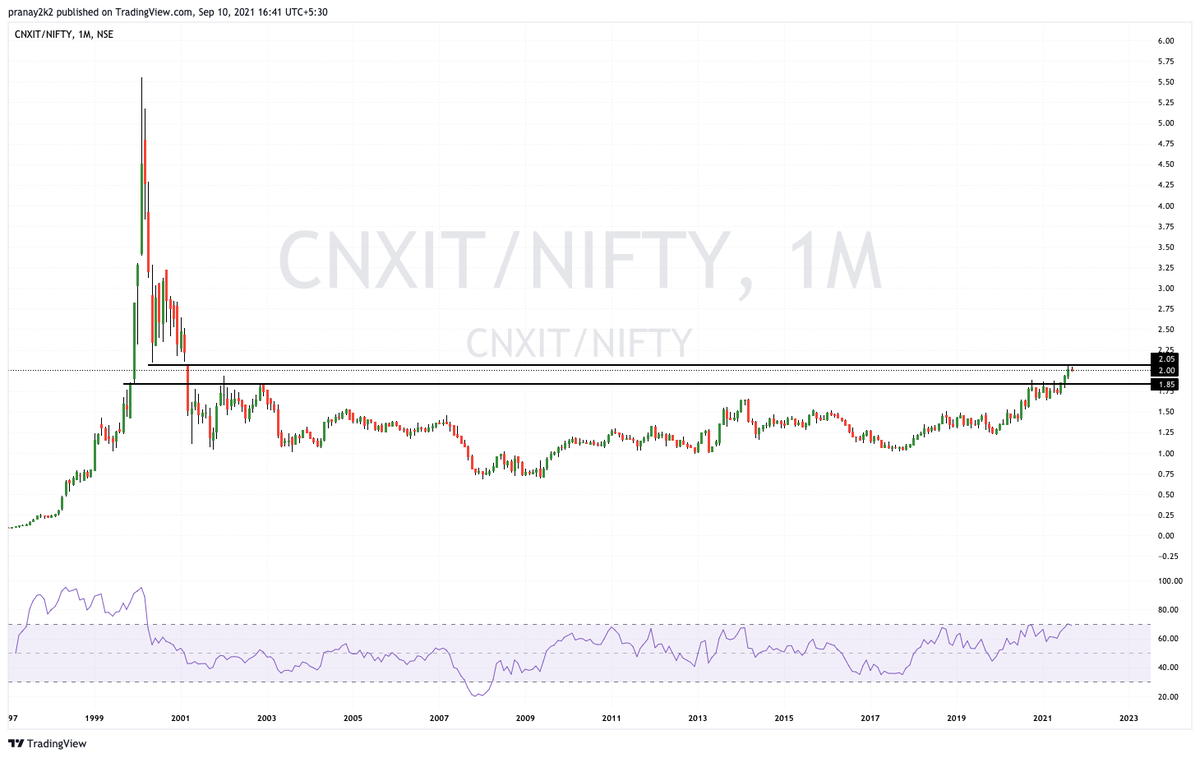
More from Pranay Prasun
#jubilantfoodworks #Dominos #Dunkin #popeyes
I was expecting reversal from 3000-3100 level but didn't work and looks like we may see 2600-2700 level
~ Already booked small loss and waiting for right entry
~ Shared weekly chart for reference https://t.co/OFsuLsYN2z
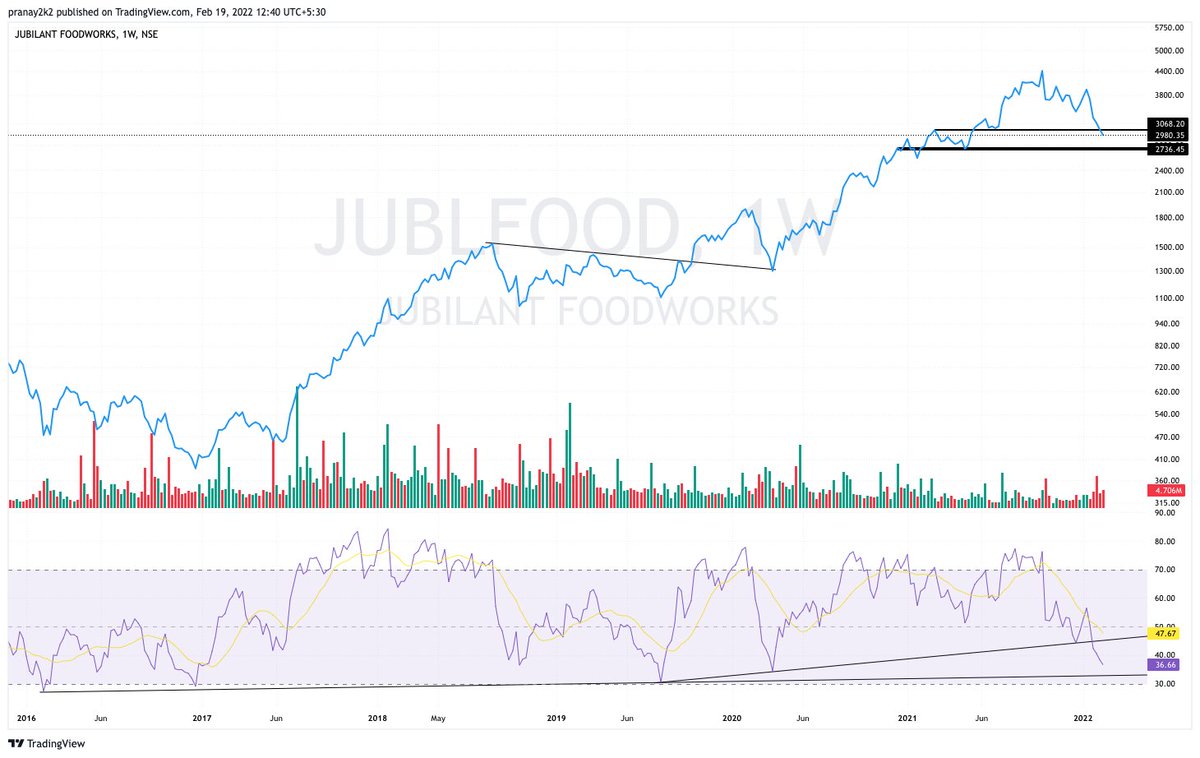
I was expecting reversal from 3000-3100 level but didn't work and looks like we may see 2600-2700 level
~ Already booked small loss and waiting for right entry
~ Shared weekly chart for reference https://t.co/OFsuLsYN2z

#Jubilantfoodworks Upside or Breakdown ? Good RR at CMP https://t.co/HXaHFX5fLt pic.twitter.com/RX5nREYuGU
— Pranay Prasun (@PranayPrasun) February 13, 2022

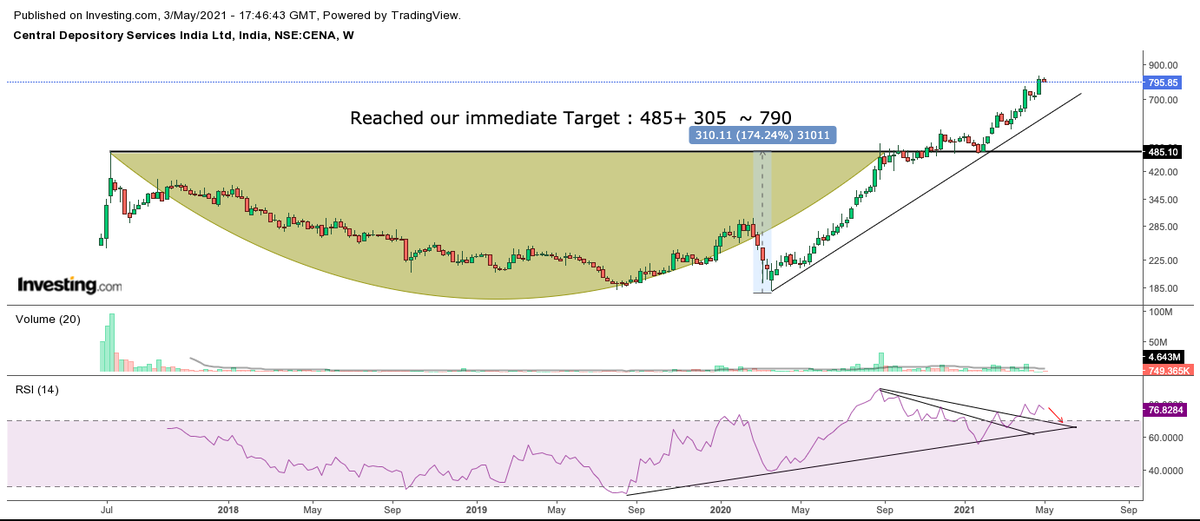
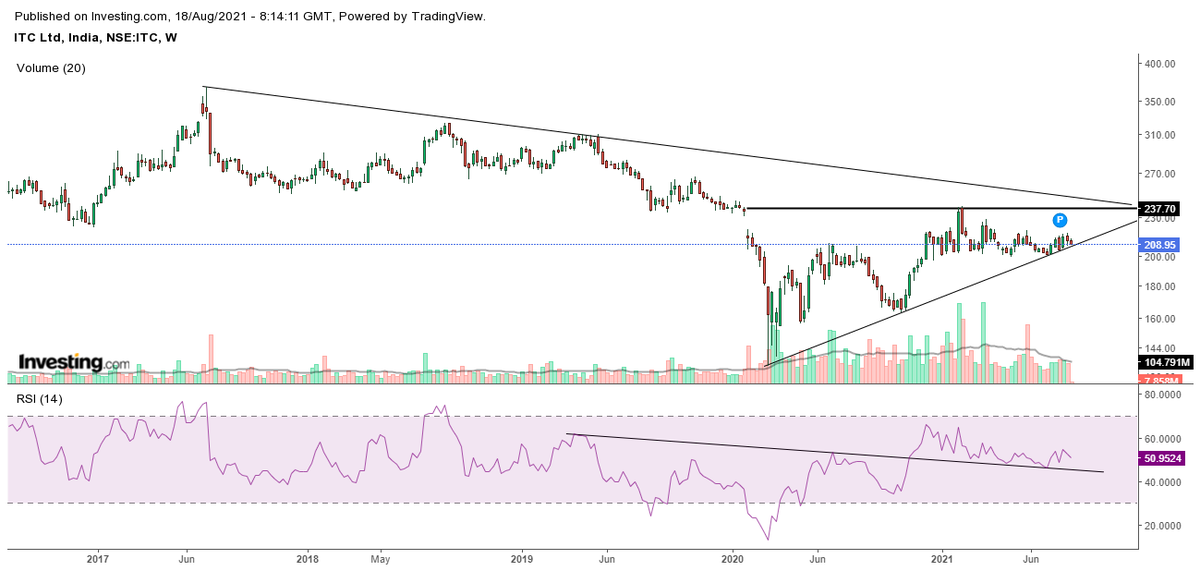
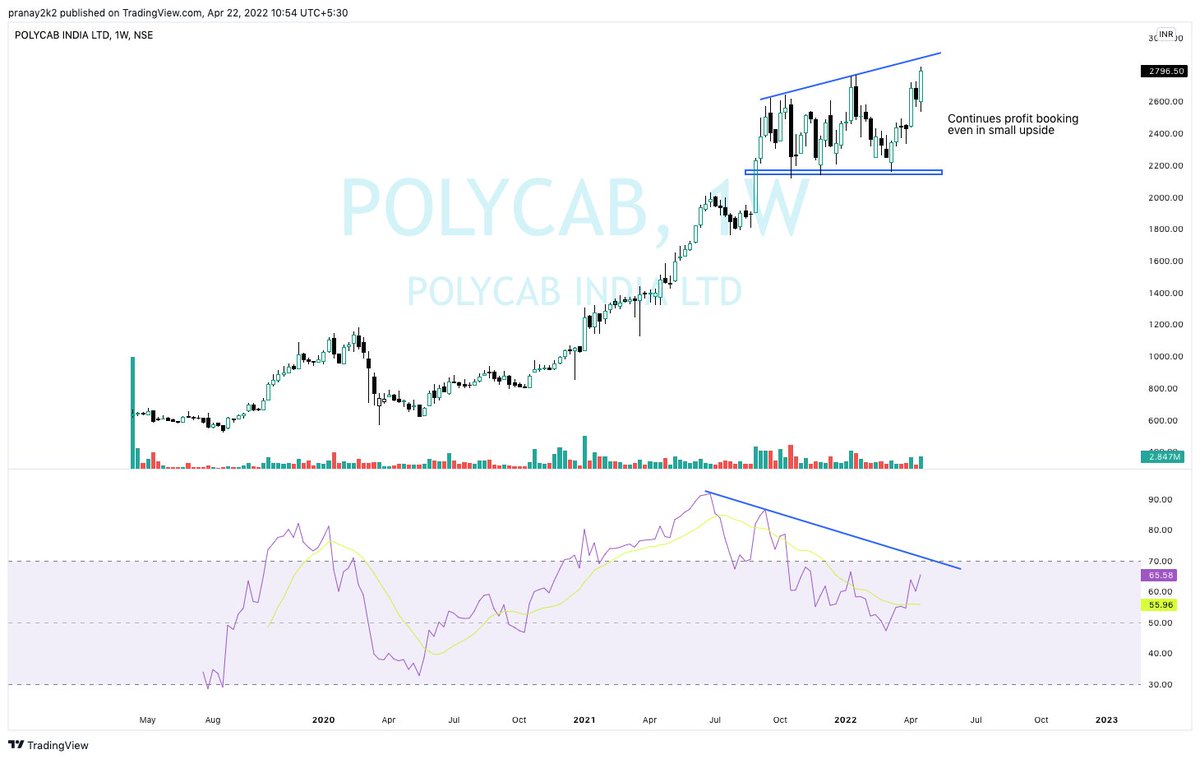









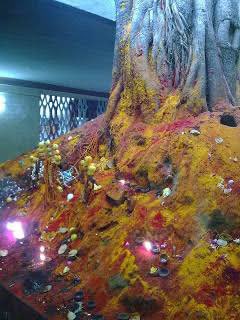


![Peter McCormack [Jan/3\u279e\u20bf \U0001f511\u220e]](https://pbs.twimg.com/profile_images/1524287442307723265/_59ITDbJ_normal.jpg)




